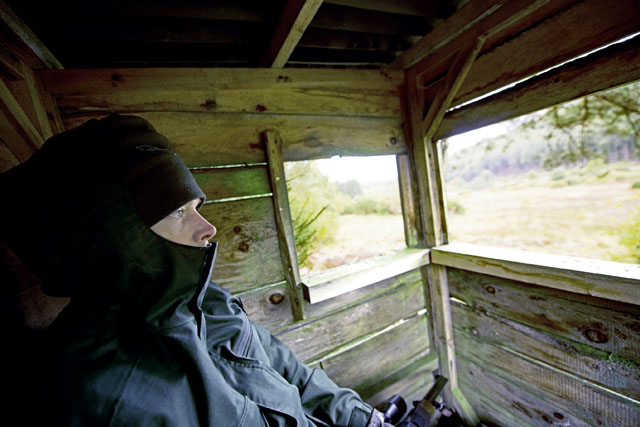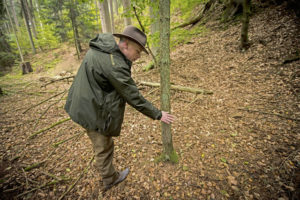
Scientists recently found wild boar in Belgium, roughly 37 miles from the German border, which tested positive for a deadly illness, African Swine Fever.
The virus, which is only transmitted between pigs and their wild relatives, poses no risk to humans, but is 100 percent fatal to swine.
Seeing as Germany is the European Union’s leading supplier and exporter of pork and pork products, this virus poses an economic threat.

According to a U.S. European Command directive issued in May of this year, the virus can be carried on contaminated equipment, vehicles, animal products, clothing, gear, or other materials.
The virus, which can survive on carcasses for several weeks, has the potential to cause damage to the German economy. In fact, the last outbreak in Eastern Europe caused several billion euros in losses.
“ASFV is a big problem for pig farmers,” said Major Nathan Waters, 603 Air Operations Center cyberspace warfare operations chief. “So much so that the Kaiserslautern Forestry Department has loosened the regulations regarding the taking of boar.”
Waters, an avid hunter, said the department has a plan to handle the virus should it invade German soil.
“Right now we can take almost any pig,” said Waters. “We’re also allowed to use green spot lights during dark hours of hunting. But within an hour of the kill we have to take it to the testing office so they can send samples off to see if it has ASFV.”
Culling the infected population is the most effective way to handle an outbreak of ASFV. Romanians culled thousands of pigs during the 2014 outbreak.
So far, there are only two cases of ASFV discovered in Belgium. For more information regarding ASFV and German hunting regulations, contact the Kaiserslautern Rod and Gun club at 0631-536-7274


